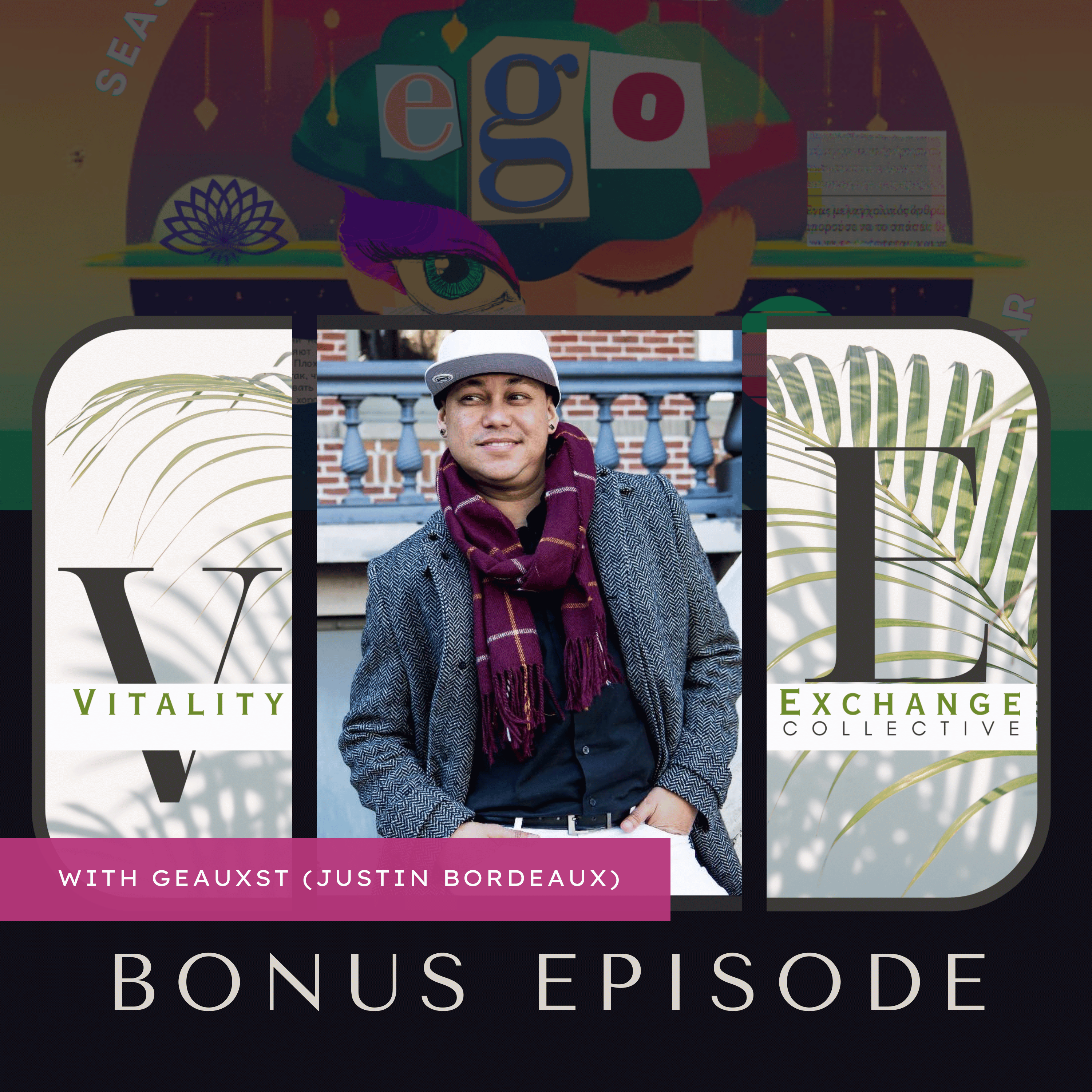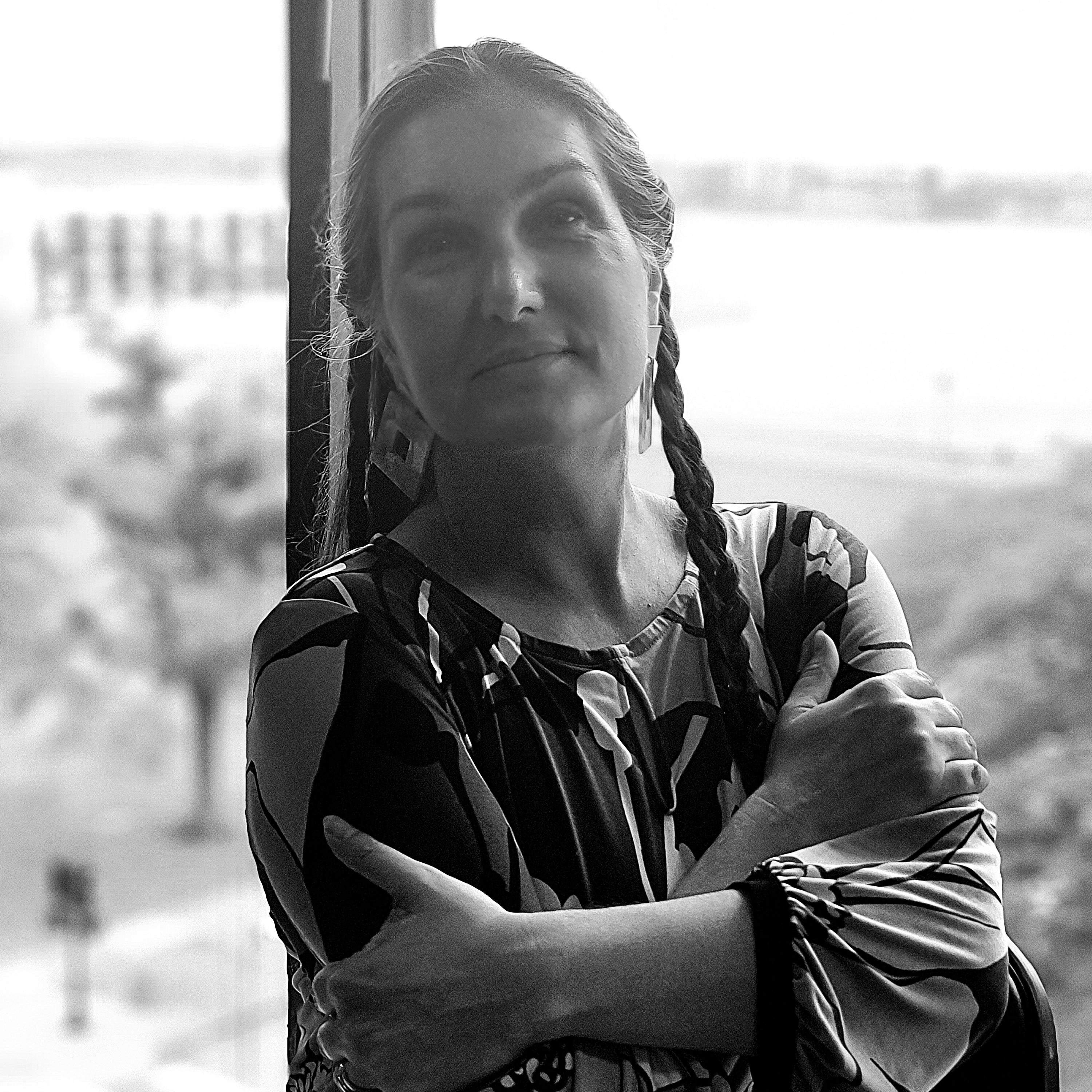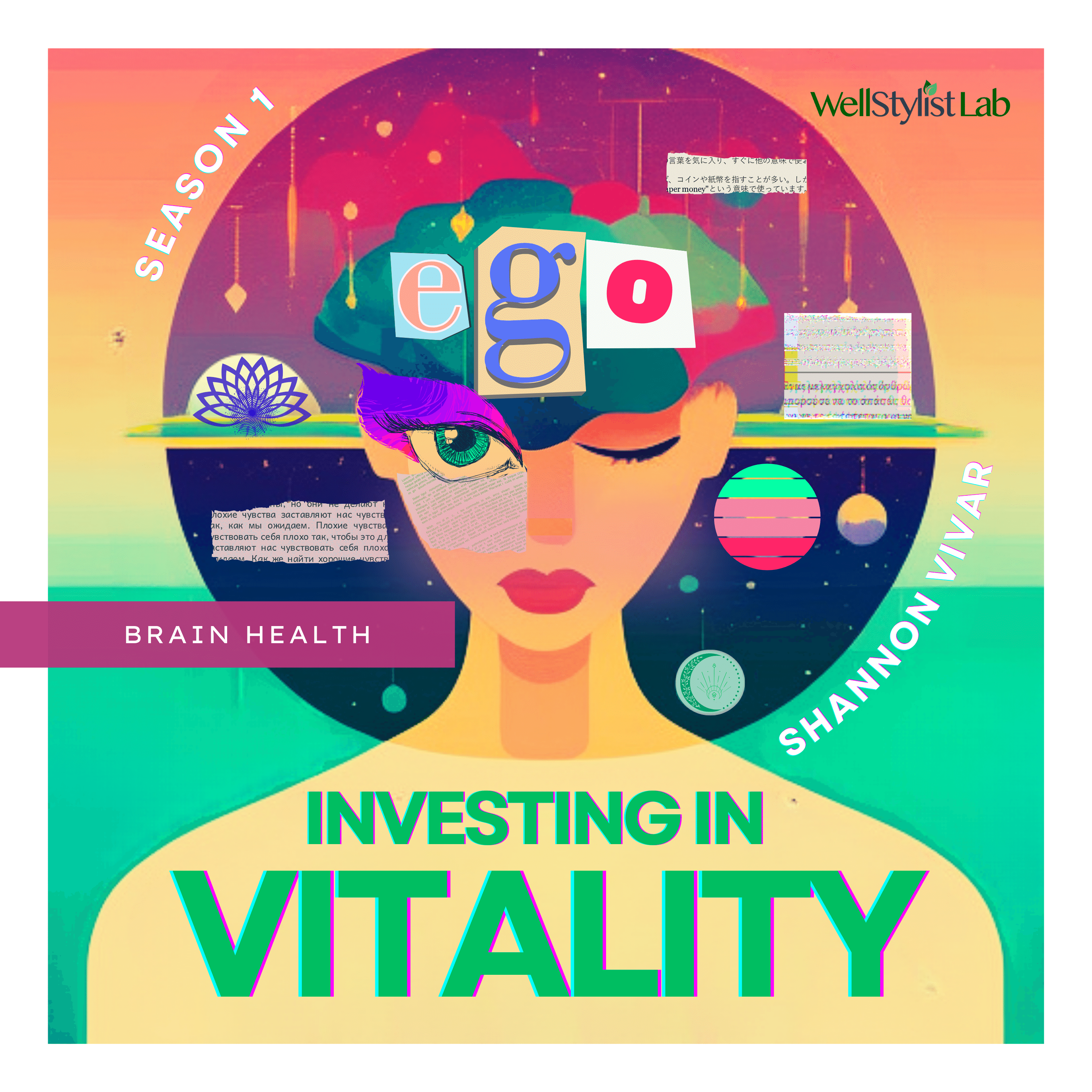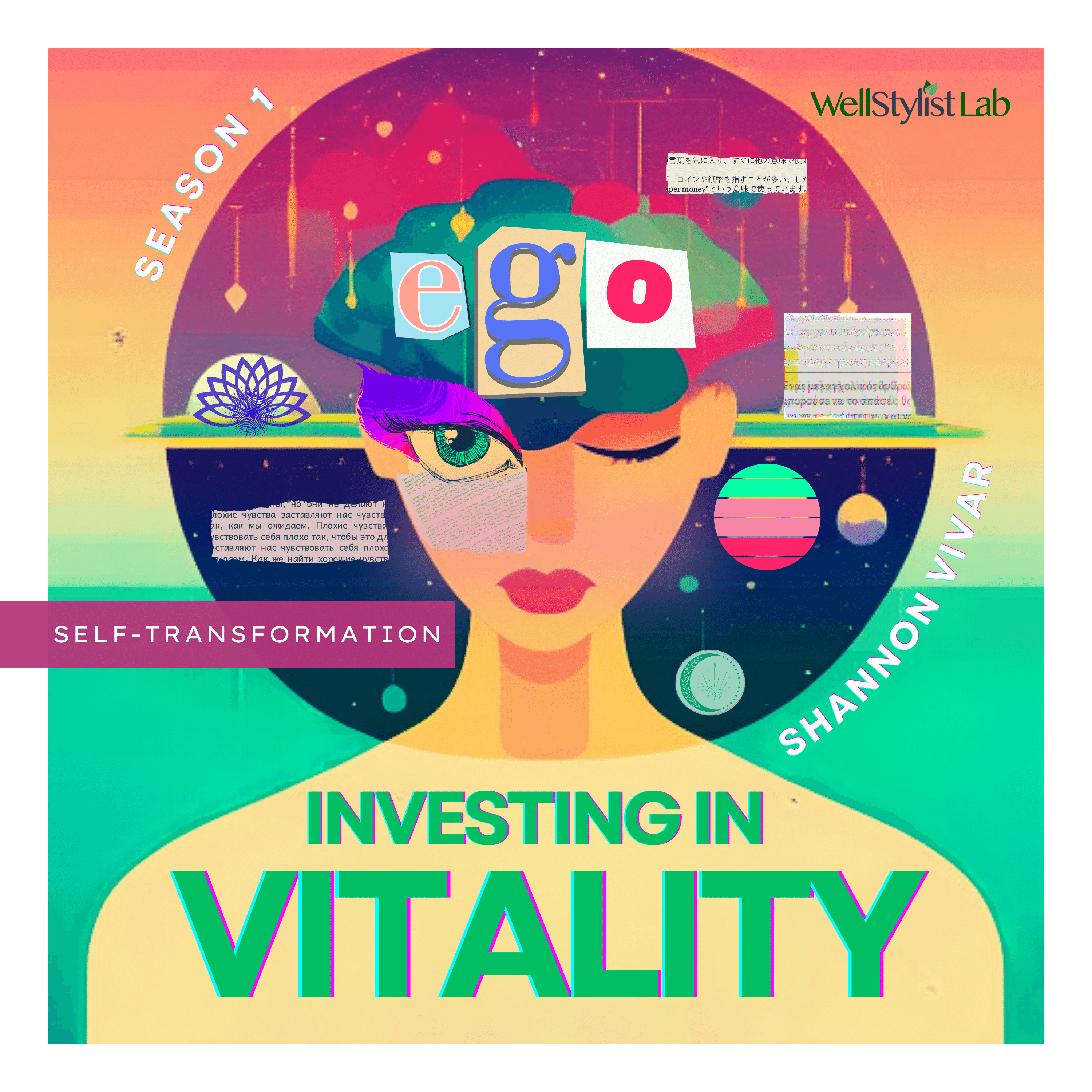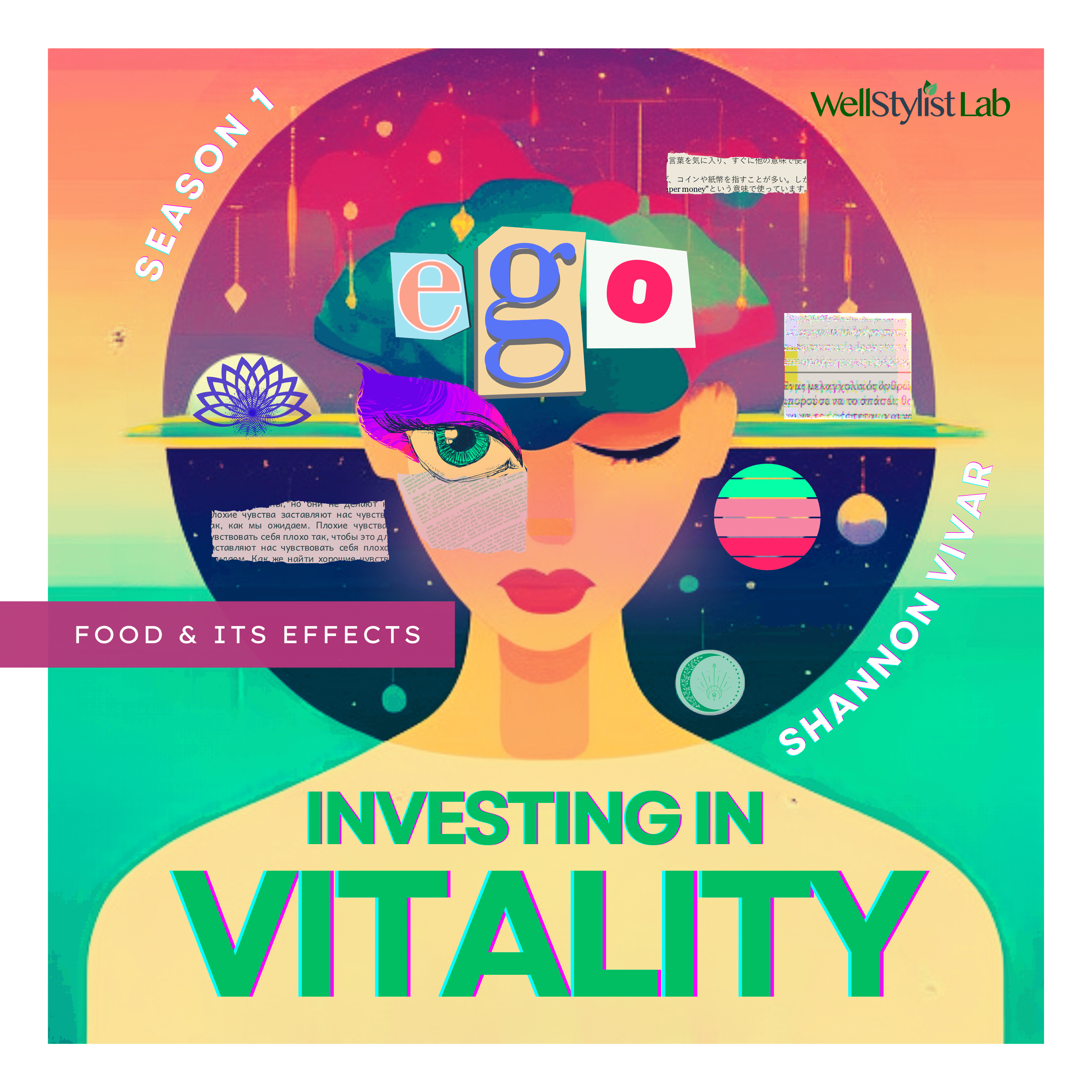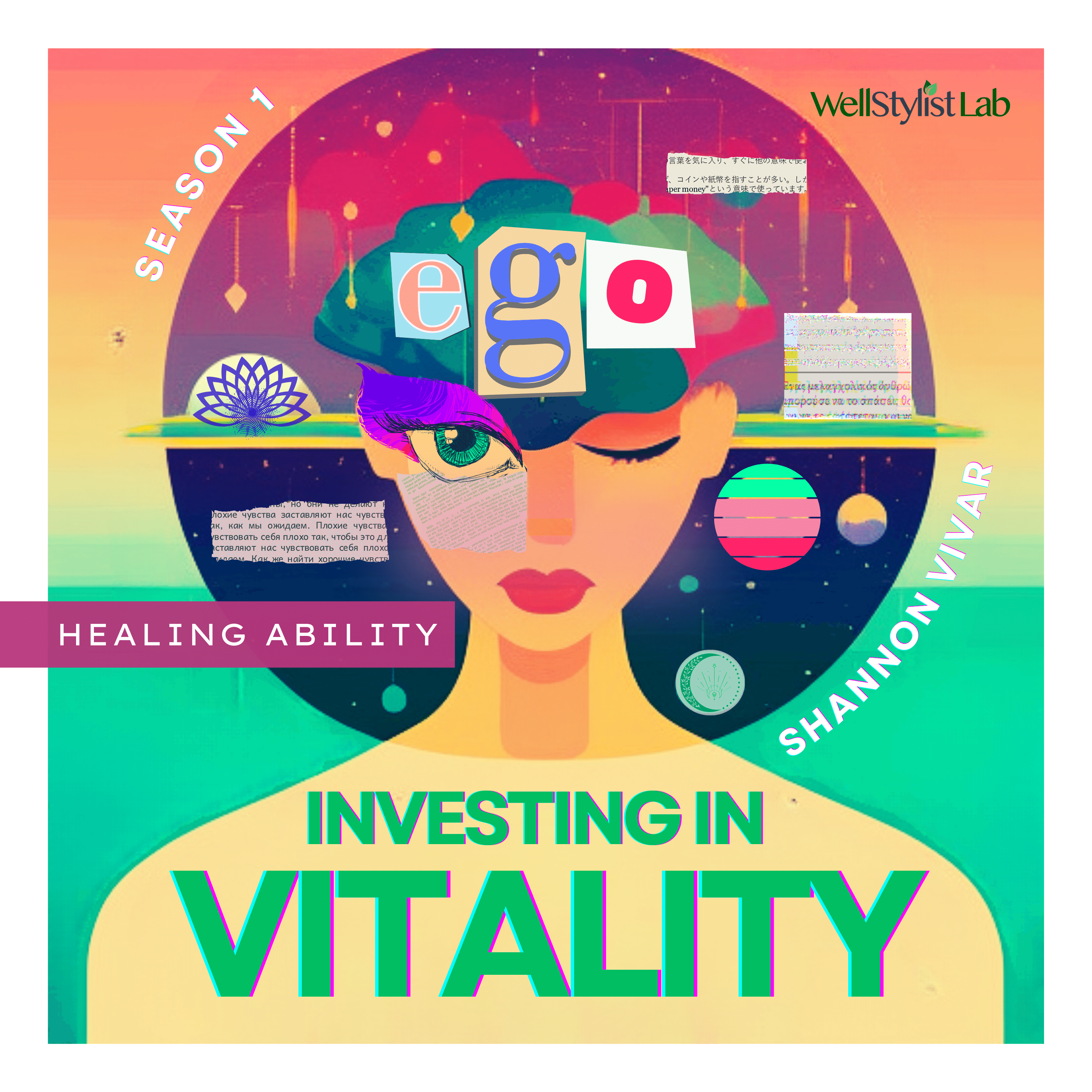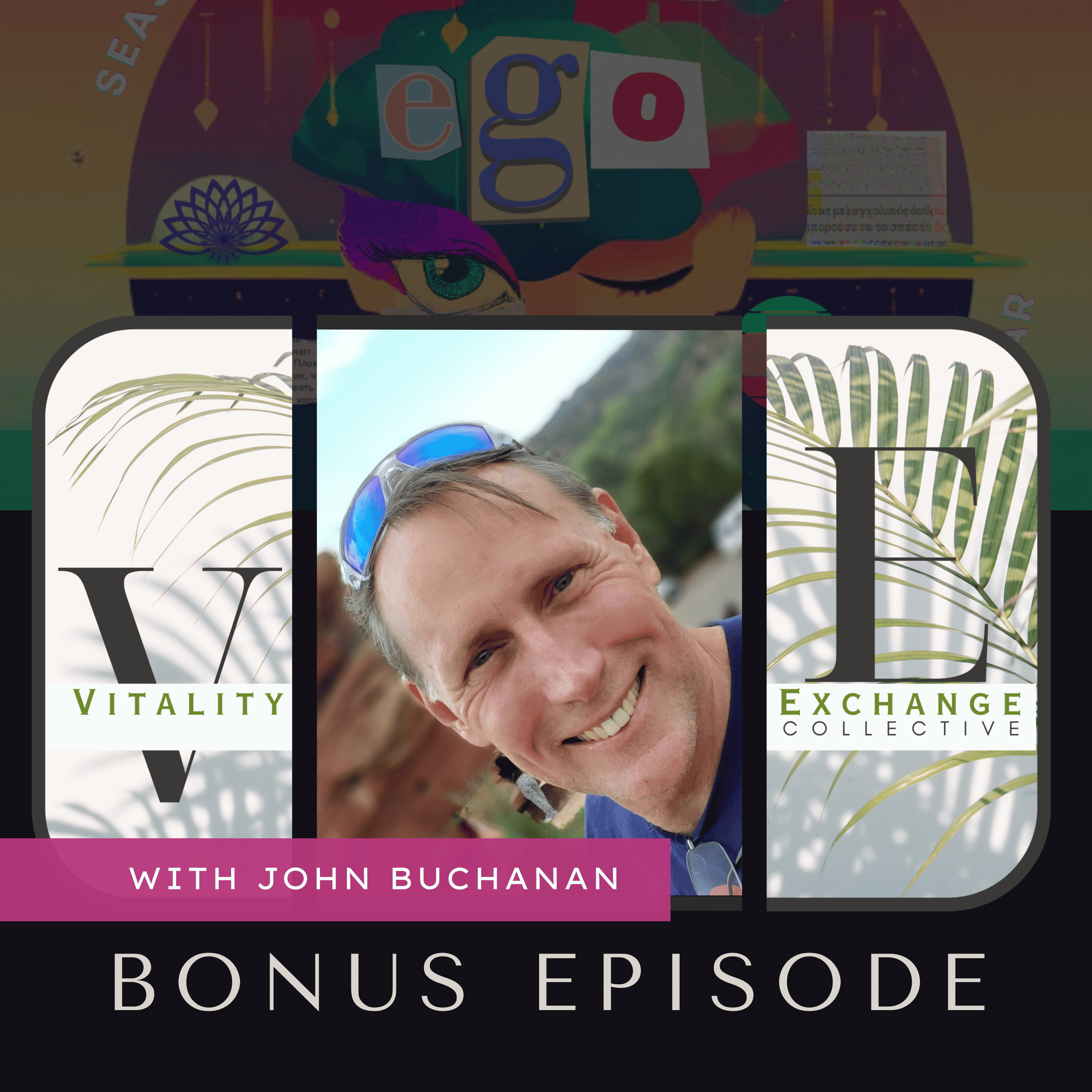With clarity comes acceptance, and the feelings of being seen and heard begins within. Geauxst, our special guest, discusses how he navigated his cultural background and Buddhist beliefs to master self. On this bonus episode, Shannon Vivar and Justin Bordeaux discuss self-worth and how society shapes the way men perceive themselves and wellness. He believes we are at a point where more men are looking to step up, bring value to the table and thrive in all aspects of life.
View Full Transcript
Episode Transcript
Welcome to vitality exchange, boosts and conversations. The interview series behind the investing and vitality podcast. On today's bonus episode, I'm sharing a clip from my discussion with Justin Bordeaux. AKA ghost. He is the CEO of bespoke performance brands, a performing branding consulting agency located in Jacksonville, Florida. And one of our conscious leader wellness program coaches. We discussed mindset from his Eastern philosophical roots and how men approach self-worth and wellness differently from women. The full conversation can be found in the vitality exchange group within the well stylist lab, community platform.
A lot of places in my journey I was living with a chip on my shoulder, And so being in the environment that I was in, I believe that I had to live a certain way, fit in a certain way, but I was never really accepted. I could stand in a room with 300 people that I knew, but I feel lost and completely invisible.
And so. We're always trying to, prove that we're worthy even to ourselves.
I was born in the Philippines. I grew up there in Japan. I got to the States when I was 10. And because I'm half Asian, It was a struggle to associating or getting involved with groups here in the States because I was seen as a half breed and I wasn't welcomed in certain circles.
And so I have compassion for people. I don't really have sympathy because I've been through enough on my own, but I know what people are made of and I know they can grow through that. So I do have a lot of cultural background to help me like see things differently. So that has helped me out.
There's definitely a difference between the Eastern philosophies and mindset versus the Western. Yeah. Do you incorporate those Eastern philosophies? Absolutely.
That's the spiritual side where we need to lean into faith.
The Eastern philosophies have been, because I'm Buddhist, as Filipino, I grew up Catholic, but me is just a way of life. It's how I live. And those things have now been proven by a lot of neuroscience. So, I look at the mindset piece of this, it's the science that proves a lot of the things that have been existing for thousands of years.
So, it depends on who I talk to on how I talk about the subject matter. Because some might not be as open minded in one way, but I know an angle to get them the result that they're looking for. If I can get you to that point You're not really going to care so long as you're happy, your life is thriving,
yeah. And then you're expressing your own vitality. Yes, absolutely you were talking about men's wellness and how that's actually perceived slightly differently than women's wellness. Can you explain your perspective on the differences that you see between men and women and how they approach wellness? Yeah, it really comes down to one, how the brain is wired first.
We need to look at the basic core functions of a human being and how we operate. And just from a scientific, biological position on neuroscience, our brains operate differently, they function differently, they process information differently. Women's pain threshold is ten times more of a man.
And that's just something we don't have. So, mental health overall one thing I admire about the female community is how they band together. Really so. Men tend to isolate themselves. And it's one cultural it's societal on how things are looked at. I remember as a kid, it's like you get hit with a baseball, walk it off.
You know, there's certain things you didn't do. But Everyone's been programmed in so many ways based upon their upbringing, their parents, and not to go into narcissism, but even narcissism is a learned trait. It's not a biological thing, it's not hereditary. So, everyone learns something differently. It's also the energy that we channel.
Men and women when they're building a business, both of them, are in their masculine energy. When they're caring for their kids, they're in their feminine energy, men or women. But women have a tendency to lean more towards the feminine energy. Men have a tendency to lean towards the masculine energy, just based upon how they're built, their biology.
But we've been taught so many ways men just handle things differently. We've blanketed it rather than actually asking why. And I'm like, why? And that's where, for me, it was a personal bout, because as a kid, I was always trying to get validation from my parents. As a middle child, Asian, never good enough, and I know anyone Asian listening to this will understand that completely.
I went through those moments where I felt invisible my entire life as a man, as a child, and as a son. And I saw so many other men just giving up. But it's because that they were also trying to find solutions in the wrong places. And so for men, we have different distractors.
We have different value points, and the way we look at self worth is different. Our relationship with our own worthiness is different. Men the ones that I see thrive are doing something of purpose. They're building something, building themselves, building a family, building a business.
They're building. They're doing something of purpose. And the men that don't do that, that don't give and channel that kind of energy, they're the ones that tend to be more prone to depression. Because they're looking to escape. Men and women both escape, but men do it differently. And I think it's how to go about it where it's not belittled.
Men are banding together and telling them, Hey, focus on your stuff, own your stuff, because the old way of looking at it was you would buy a car, you'd buy a house, or you'd make money, but all those things can be lost. So what do you really have? As a man, it's these things that we need to feel in our power.
And that doesn't mean power over anybody else. That means power within ourselves. And so that's the path of the Buddhism is it's mastery of yourself. And I think that women have a much more, heightened ability to understand their emotions to a large degree, with empathy. And men tend to lack some of these qualities and an understanding of those emotions, so they don't give it to themselves.
They're harder on themselves. They don't give themselves forgiveness. I'm very hard on myself, I have to remind myself. But it's The way men and women hold on to emotions men hold on to emotions a lot less of time frame. And so they have a shorter time frame on learning how to process that.
So if you don't process that quickly, they move on to the next thing. And that never gets resolved. Whereas women choose more to go to like a licensed therapist or seek that healing work because they're listening more towards their intuition, knowing what that is.
It's interesting. And now this is all on average because I know exceptions to both rules. And I do see that social norms are changing. I think it's just the fact that we have more information available to us. Especially the younger generations. I know that my son, he's 14, he is much more in tune with his emotions and his self, even at 14, dealing with hormones and all that other stuff, then I would say even I was.
Yeah. And I have a hypothesis about that. I think that because we're growing up so fast, the kids, their ability to. Maneuver is a lot quicker and it goes down to the whole, issue with trauma. Some people look at trauma as just a bad thing. It's a survival mechanism. So a child who grows up being more empathetic or empathic and can pick up on things, it's because they grew up in a hostile, environment.
So they had to learn to adapt and be on the ready in case a parent, the parents were going to start fighting. And so as a general statement, you know, there's. Like I said, there's bits and pieces to everybody, but we grew up in an era where we didn't have to respond that quickly. We still develop these traits, but they're developing at a rate faster because they have to.
It's very challenging, I would say, even just as a parent of a teenager. I'm sure it's very, very, very challenging of the things that they're getting exposed to and don't quite understand all of it. Um, and trying to emotionally navigate that, I actually do think that my husband is, um, much more in tune with both masculine and feminine energies. Then typical, , which is good because I probably might lean more masculine energy in some aspects. Um, But yeah, I see a lot more men getting involved in the wellness community as well, which I think is a great thing.
I think so too, we have an age now where men want to get better in any way that they can and that helps them on their own identity. And with that, I think that I'd love to build a world with men that just. who they are adding value. This is not about power over anybody.
This is not about that at all. It's about when you're a better man for yourself, you're a better father, you're a better friend, you're a better husband, you're a better business owner. You're better in the community. And that's when I talk about men need to build something. And I've met a lot of guys now that are more open to that.
And I think science has helped bridge that gap because. You'll start listening to things like Huberman labs or any of these other thought leaders out there and experts They've opened a gateway to understanding these things So people aren't looking at it from one religion versus another religion looking at it.
Hey, I can get better I want to get better.
Thank you for listening.
Check out the vitality exchange for more resources, interaction, and online masterclasses. The full conversation I have with ghost digs into his coaching work and how he helps high performers, executives, entrepreneurs, and thought leaders to gain radical confidence and build a reputation worth remembering.
For more information on Justin Berdo, visit his website at Justin dot com. [email protected]. Or follow him on Instagram at ghost underscore Justin Bordeaux. If You're looking to kickstart a little self discovery and transformation in your life. I consider exploring the new conscious leader wellness program by the vitality exchange collective. The seven month program helps leaders explore a new definition of success. One that incorporates wellness and daily decisions of embracing joy in our everyday lives. At home and at work.
Our final episode of season, one of investing in vitality is next week. I'll be wrapping up ego with some new years perspectives on self-transformation
